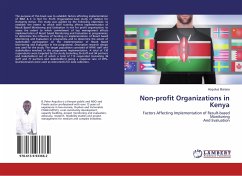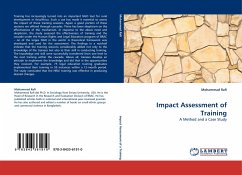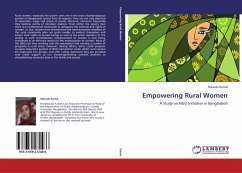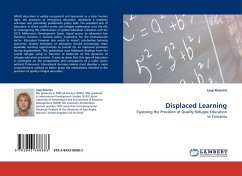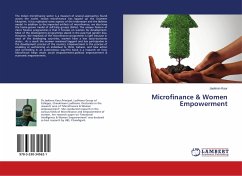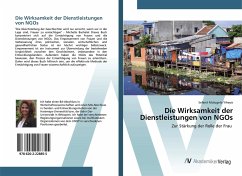The purpose of this book was to establish factors affecting implementation of RBM & E in Not for Profit Organization-Case study of Habitat for Humanity Kenya. The study was guided by the following objectives: to establish the extent to which staff training affects implementation of Result Based Monitoring and Evaluation in not for profit organization; to assess the extent to which commitment of top management affects implementation of Result based Monitoring and Evaluation in programmes; to determine the influence of funding on implementation of Result based Monitoring and Evaluation in programme and to determine the extent of stakeholder participation on the implementation of Result Based Monitoring and Evaluation in the programme. Descriptive research design was used for the study. The target population consisted of HFHK staff and stakeholders involved in the programme Implementation. A total of 130 respondents were targeted by the study (including 36 staff and 94 partners and stakeholders) out of which a total of 113 responded (consisting 36 staff and 77 partners and stakeholders) giving a response rate of 87%. Questionnaires were used as instruments for data collection.
Bitte wählen Sie Ihr Anliegen aus.
Rechnungen
Retourenschein anfordern
Bestellstatus
Storno

